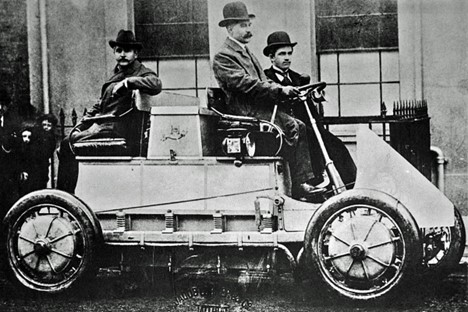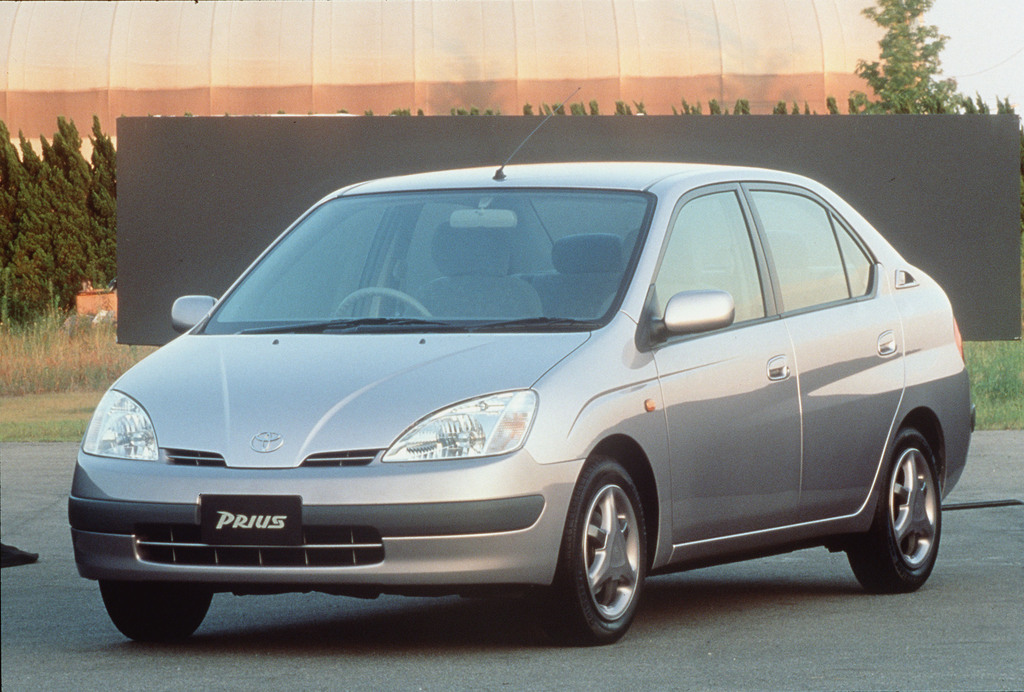Last blog, we looked at the promising future of hybrid battery vehicles. To put it in context, this week we’ll look at the interesting history of hybrids.
In a world increasingly conscious of environmental impact and fuel efficiency, hybrid vehicles have made their way from a niche concept to mainstream adoption. You're likely familiar with the ubiquitous Toyota Prius, or perhaps the stylish and advanced Tesla models, but have you ever paused to ponder how hybrid technology came to be? In this blog post, we'll journey through the timeline of hybrid vehicles—from their conceptual birth to their current role as daily drivers.
The Early Beginnings: Conceptual Foundations
Contrary to popular belief, the idea of hybrid technology dates back much earlier than the 21st century. Some of the earliest experiments with hybrid technology occurred in the late 19th and early 20th centuries. Engineers tinkered with combinations of internal combustion engines and electric power, with mixed results.
The Lohner-Porsche Mixte Hybrid
In 1901, Ferdinand Porsche—yes, the man behind the iconic sports car brand—developed one of the first functional hybrid cars. Known as the "Mixte," this vehicle utilized both a gasoline engine and electric batteries. Though not commercially successful due to its high cost and complexity, it planted the seed for future development.

The Dormant Period: A Halt in Progress
Despite these early inventions, hybrid technology didn't receive significant attention for several decades. The popularity and affordability of internal combustion engines, fueled by cheap oil, made them the go-to option for automakers and consumers alike. However, the oil crisis of the 1970s triggered a renewed interest in alternative, more fuel-efficient technologies.
The Modern Era: The Rise of the Toyota Prius
Fast forward to 1997, and the hybrid concept received a significant push forward from Toyota with its introduction of the Prius. Combining a gasoline engine with an electric motor for enhanced fuel efficiency and lower emissions, the Prius was not just a commercial success; it became a symbol for environmental consciousness.
The Prius’ commercial success sparked interest from other major automakers, from Honda's Insight to Ford’s Fusion Hybrid, each contributing innovations and improvements to hybrid technology.

The Age of Choice: Diversity in Hybrid Offerings
Today's hybrid landscape offers something for everyone—from compact cars to SUVs and luxury models. Advancements like plug-in hybrid technology allow for even greater flexibility, letting drivers go fully electric for short drives and switching to gasoline for longer trips. The technology has even made its way into the world of supercars, with models like the McLaren P1 and the Ferrari LaFerrari showcasing that performance and efficiency can co-exist.
Everyday Use: Hybrids as Daily Drivers
With ongoing advancements in battery life, fuel efficiency, and performance, hybrids have become increasingly practical for everyday use. No longer are these cars only for the environmentally conscious; they're now a sensible choice for anyone looking to save on fuel costs without compromising on performance or comfort.
The Future: What Lies Ahead?
While fully electric vehicles are capturing headlines, the development of hybrid technology continues and hybrids will be around for decades to come. With continuous improvements in battery technology, the integration of renewable energy sources, and the possibility of self-charging hybrids, the future looks bright for this transitional technology. For a look into the future of hybrids, see our blog post here.
Conclusion
The journey of hybrid vehicles from conceptual marvels to daily drivers is a testament to human ingenuity and adaptability. Whether you're an early adopter of new technology or someone who has recently started to appreciate the merits of a hybrid vehicle, understanding the evolutionary milestones of hybrid technology offers not just historical context but also a vision of an even more efficient and sustainable future.
So, the next time you spot a hybrid vehicle on the road, remember: it's not just a car; it's a culmination of over a century of engineering, ingenuity, and a vision for a greener world.



